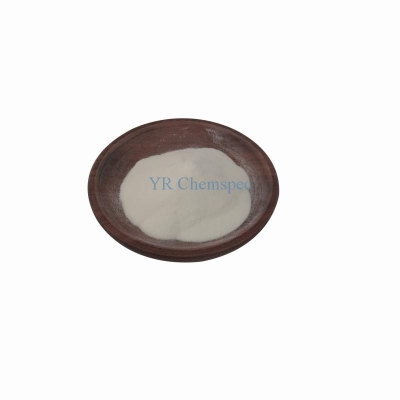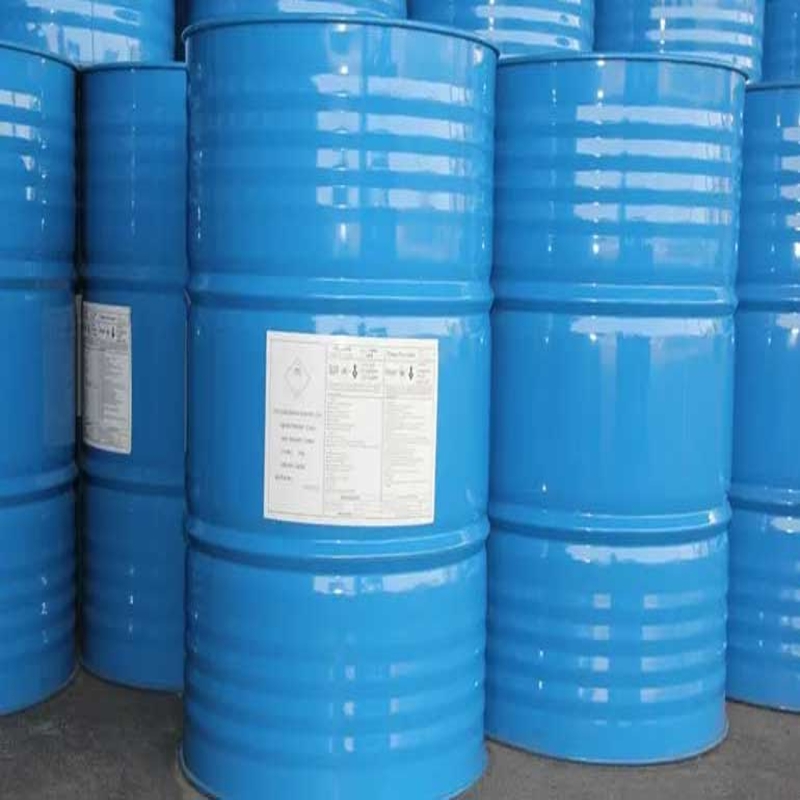-
Categories
-
Pharmaceutical Intermediates
-
Active Pharmaceutical Ingredients
-
Food Additives
- Industrial Coatings
- Agrochemicals
- Dyes and Pigments
- Surfactant
- Flavors and Fragrances
- Chemical Reagents
- Catalyst and Auxiliary
- Natural Products
- Inorganic Chemistry
-
Organic Chemistry
-
Biochemical Engineering
- Analytical Chemistry
-
Cosmetic Ingredient
- Water Treatment Chemical
-
Pharmaceutical Intermediates
Promotion
ECHEMI Mall
Wholesale
Weekly Price
Exhibition
News
-
Trade Service
A few days ago, British home appliance manufacturer Dyson announced that it will invest 1 billion pounds to develop new battery technology
by 2020.
It is reported that Dyson is famous for vacuum cleaners, fanless fans and air purifiers, but Dyson not only creates vacuum cleaners and air purifiers, but now also invests in the field of research and development to battery technology
.
Dyson CEO MaxConze said that in the past five years, Dyson has invested 100 million pounds in battery technology, research on higher energy density battery technology, hoping to create more powerful batteries, and now Dyson will go further, by 2020 will invest 1 billion pounds to develop battery technology, and said that solving the energy density problem is the biggest engineering challenge
of the 21st century.
Dyson's development of battery technology, the most direct use will be applied to its handheld vacuum cleaners and other wire-free home appliances, but Dyson's ambition is obviously not only that, Conzi said that if it can create a battery with 2 times the energy density, it will have a significant impact on future mobility capabilities, suggesting that Dyson's development of batteries may eventually enter the transportation field
such as electric vehicles.
A few days ago, British home appliance manufacturer Dyson announced that it will invest 1 billion pounds to develop new battery technology
by 2020.
It is reported that Dyson is famous for vacuum cleaners, fanless fans and air purifiers, but Dyson not only creates vacuum cleaners and air purifiers, but now also invests in the field of research and development to battery technology
.
Dyson CEO MaxConze said that in the past five years, Dyson has invested 100 million pounds in battery technology, research on higher energy density battery technology, hoping to create more powerful batteries, and now Dyson will go further, by 2020 will invest 1 billion pounds to develop battery technology, and said that solving the energy density problem is the biggest engineering challenge
of the 21st century.
Dyson's development of battery technology, the most direct use will be applied to its handheld vacuum cleaners and other wire-free home appliances, but Dyson's ambition is obviously not only that, Conzi said that if it can create a battery with 2 times the energy density, it will have a significant impact on future mobility capabilities, suggesting that Dyson's development of batteries may eventually enter the transportation field
such as electric vehicles.







